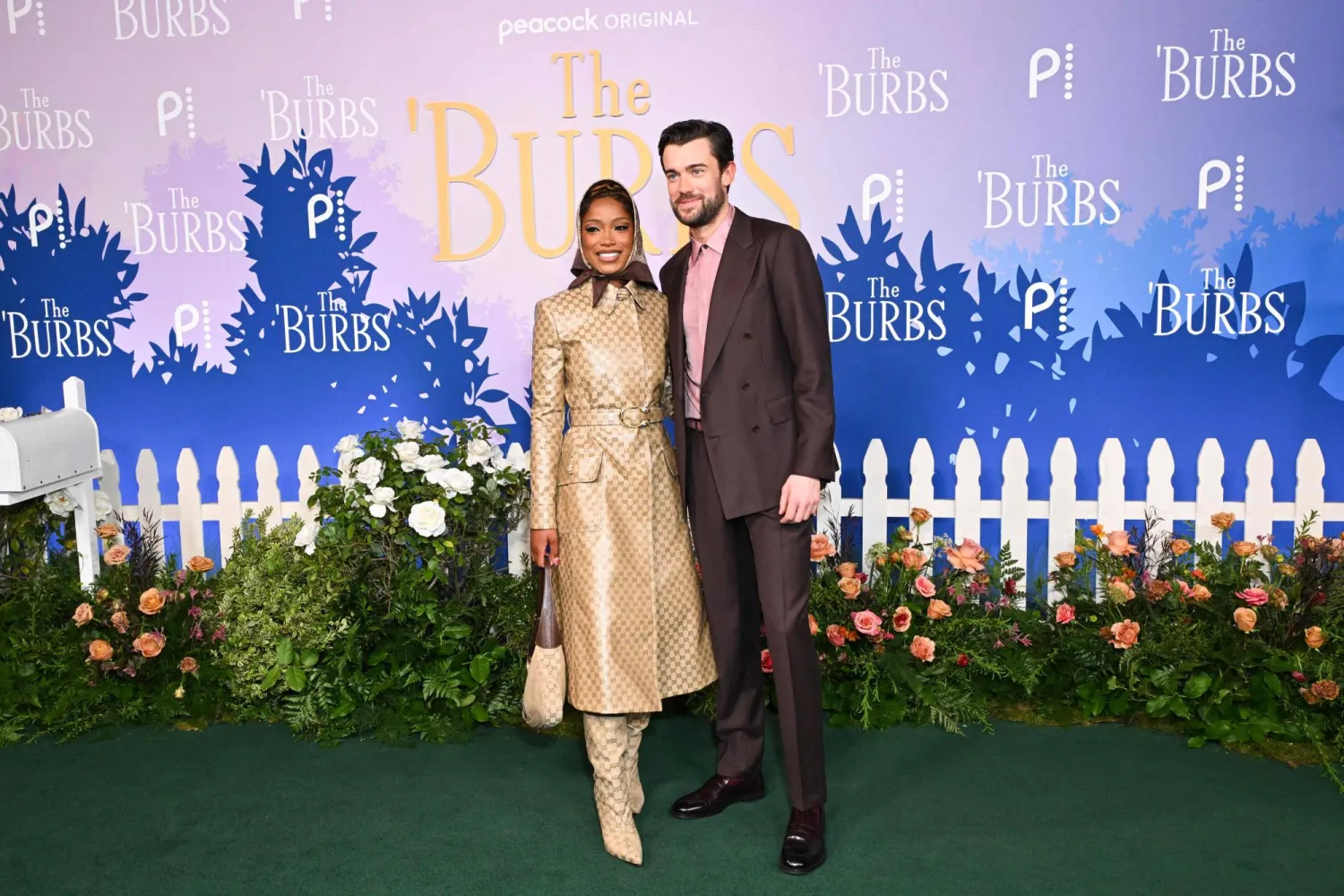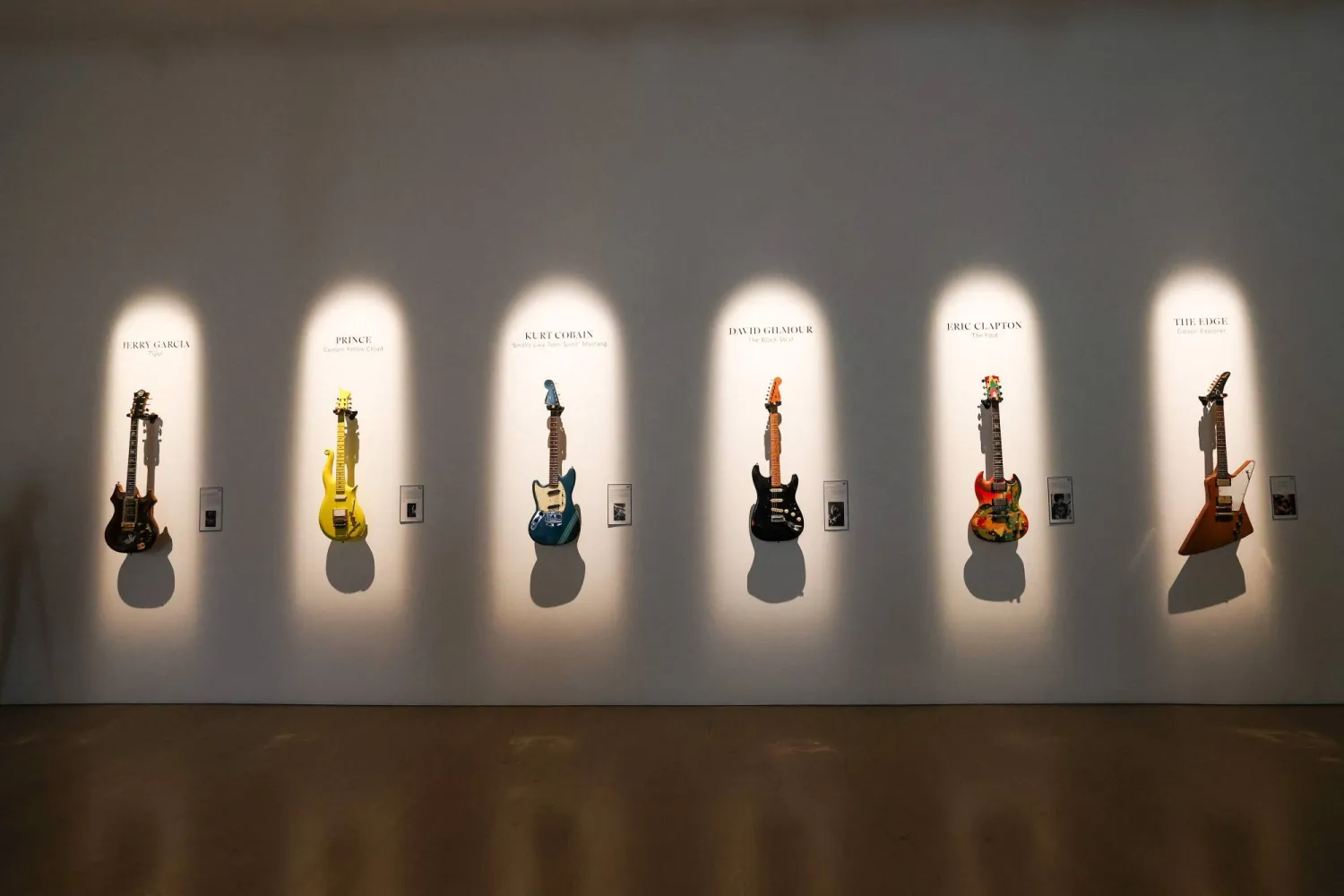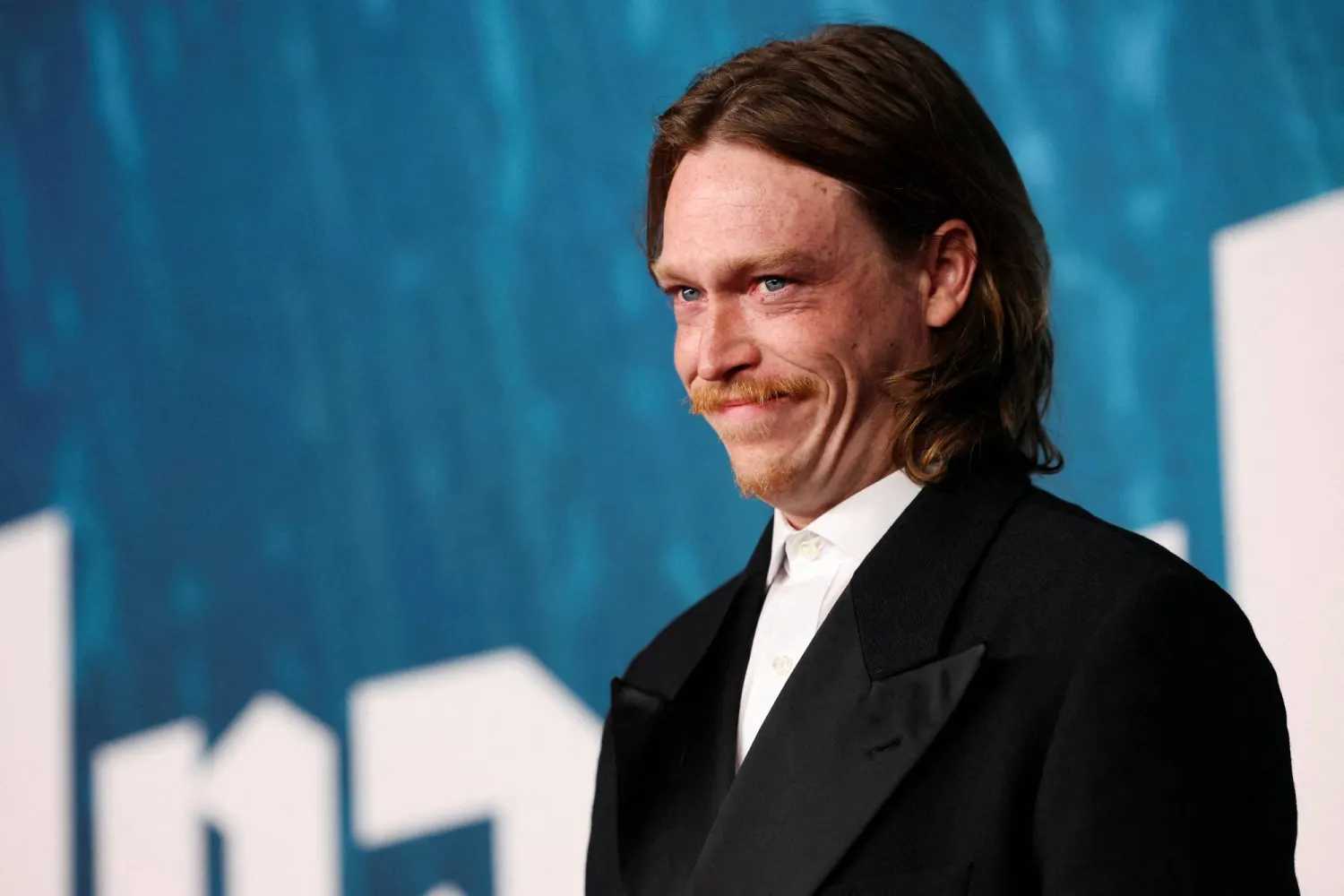That’s a question filmmakers and writers have tangled with ever since the 1964 debut of the tiny, largely unpaid laborers in Roald Dahl’s beloved children’s book “Charlie and the Chocolate Factory.”
In Dahl’s original, the Oompa-Loompas were starving African pygmies, subsisting largely on a mash of green caterpillars and tree bark until “rescued” by Willy Wonka. He smuggled the entire tribe out of Africa in packing crates to live and work, and sing and goof and dance, in the chocolatier’s factory.
“It didn’t occur to me that my depiction of the Oompa-Loompas was racist,” Dahl said in a 1988 interview.
In the five decades since their literary debut, the Oompa-Loompas have undergone a series of transformations to shake their story from its colonialist roots. Some fixes have been transparently cosmetic (in subsequent editions of the book, illustrators simply made the tribesmen white). Others weren’t fixes at all: In the 2005 film “Charlie and the Chocolate Factory,” the director, Tim Burton, just shifted continents, moving the Oompa-Loompas out of Africa to someplace that vaguely resembles South America, as imagined by an adventure film director from the 1950s.
In the Warner Bros. prequel “Wonka,” which opens Dec. 15, the filmmakers address the colonialist aspects head on.
In many ways, the prequel format — with Wonka (Timothée Chalamet) struggling to get his chocolate business up and running — allowed the filmmakers to sidestep the book’s more off-putting elements. Instead of smiling servants, there’s a sole Oompa-Loompa, and he is something of a lone wolf, more cranky nemesis and eventual mentor than kowtowing lackey. Put simply, he’s Hugh Grant. As for the Oompa-Loompas’s sketchy working conditions (are they really just paid in chocolate?) and the questions about just how and where Wonka gets all those cocoa beans to make his delicious chocolate, well, he unwittingly steals them — from the Oompa-Loompas! — and makes the candy himself (at this point in the story, he’s still a small-batch candymaker).
“I was really interested in the idea of the Oompa-Loompas judging Wonka for having stolen their cocoa beans, and finding him extremely wanting, and meting out punishments,” said Paul King, the film’s director and co-writer.
In the film, we finally hear the Oompa-Loompas’s side of this once-lopsided story. Even so, there were complaints about these Oompa-Loompas even before this latest film opened, with some actors criticizing the decision to cast Grant in a role traditionally played by actors with dwarfism.
Scholars have criticized Dahl’s children’s books for decades, calling out instances of racist and sexist stereotypes. This year, Puffin Books ignited a firestorm when it released new versions of Dahl’s classics, including “Charlie and the Chocolate Factory” and “Matilda,” that removed, among other things, references to skin color, body size, and slavery. For years, biographers have taken on Dahl himself, calling out his self-professed antisemitism and his stunningly cruel mistreatment of his first wife, the Academy Award-winning actress Patricia Neal.
So it’s little wonder that when the creators of the 1971 film “Willy Wonka & the Chocolate Factory,” starring Gene Wilder, first adapted Dahl’s story, they ran as fast and far as they could from the book’s “happy slave” narrative.
After race riots in Britain in the 1950s and the American civil rights movement in the 1960s, “there really is no way of overstating how not of the moment this was,” said Catherine Keyser, an English professor at the University of South Carolina and author of the article “Candy Boys and Chocolate Factories: Roald Dahl, Racialization, and Global Industry.”
In the Wilder version, the Oompa-Loompas morphed from starving natives from “the deepest and darkest part of Africa” into orange-faced, green-haired men in vaguely European togs. Their African home was changed to the fictional nation of Loompaland; instead of being smuggled from the jungle in crates, they were “transported.”
To play the newly refashioned Oompa-Loompas, the 1971 filmmakers hired performers with dwarfism and painted them green, a decision that Dahl found upsetting, according to Matthew Dennison, author of the critically acclaimed biography “Roald Dahl: Teller of the Unexpected.” (He said, “Dahl hated the film version, partly because he couldn’t bear Gene Wilder, for reasons I don’t understand.”)
Dahl was also pressured to recast the Oompa-Loompas in later editions of his books. The illustrator Joseph Schindelman’s images of smiling Black natives were reimagined by various illustrators as fair-skinned sprites with spiky blond locks, or bearded hippies.
For Keyser, the novelist’s attempts to “de-Negro” (Dahl’s words) his own characters, admittedly under pressure, had the effect of making them, in some ways, even less human.
Over the years, the Oompa-Loompas continued to morph. In the 2005 Tim Burton remake, “Charlie and the Chocolate Factory,” a single actor, Deep Roy, was cast to play all of the Oompa-Loompas, his performances digitally mashed together to create a sea of singing, dancing, swimming workers in identical shiny red jumpsuits (robots were also used in some scenes). Onstage in countless school productions, they have been played by children in green wigs, with or without orangeface, and on London’s West End by half human-half puppet hybrids.
Clearly, there was a lot of visual material for King to choose from. However, Dahl’s original characters, the African pygmies, were never a consideration.
“It was a good choice to change it,” King said. “I felt very comfortable with Dahl’s decision.”
It’s a relatively minor role for Grant, but one that plays into Keyser’s vision of a story that would redeem the Oompa-Loompas, one that was told from their point of view. “I think that Oompa-Loompas were a way to make globalization in a colonial vein seem cozy and appealing and comforting,” she said. “But maybe if you could have a Bildungsroman from the perspective of a single Oompa-Loompa, that gives an Oompa-Loompa interiority and a name, that might fix it.”
In the end, Grant’s Oompa-Loompa pays tribute to the 1971 original, even as he’s endowed with a sort of agency those original servants could only dream of.
The New York Times









